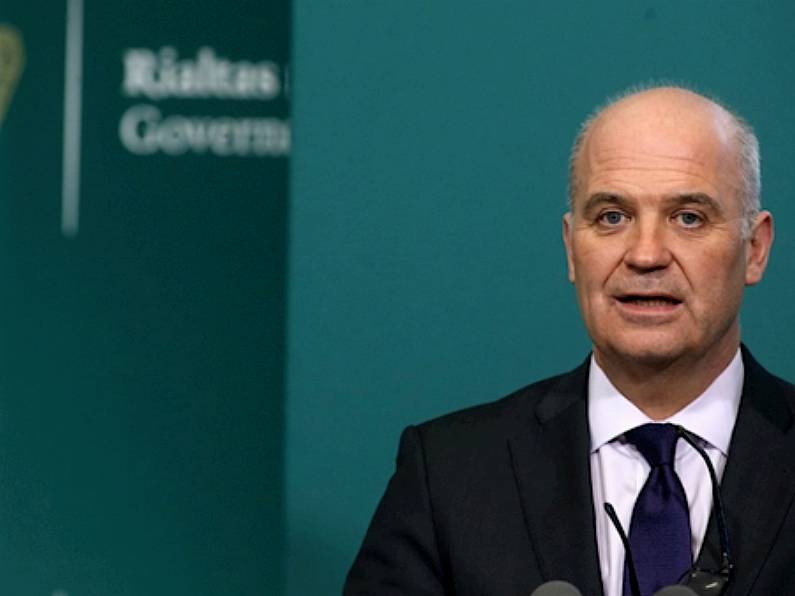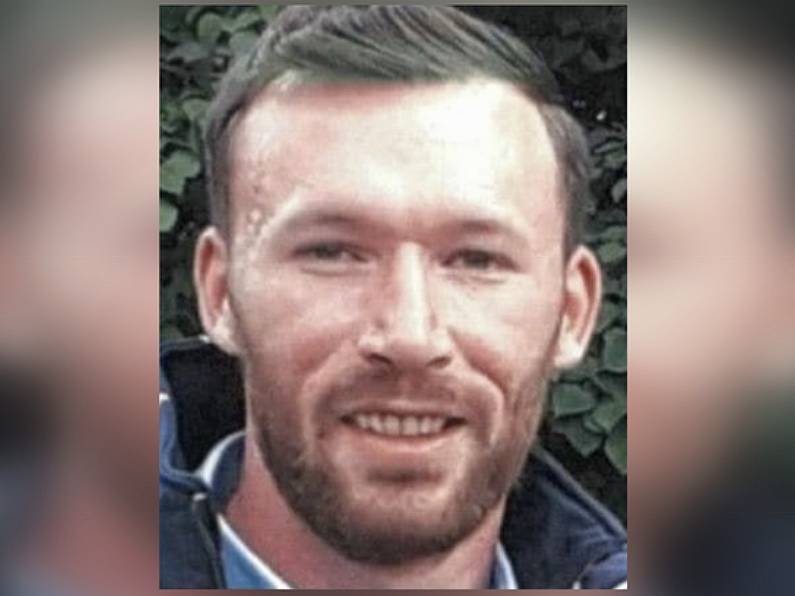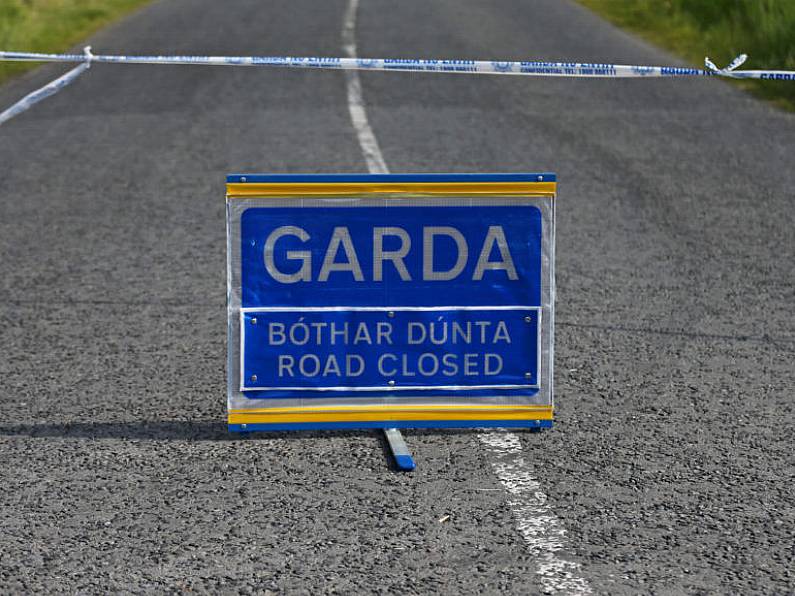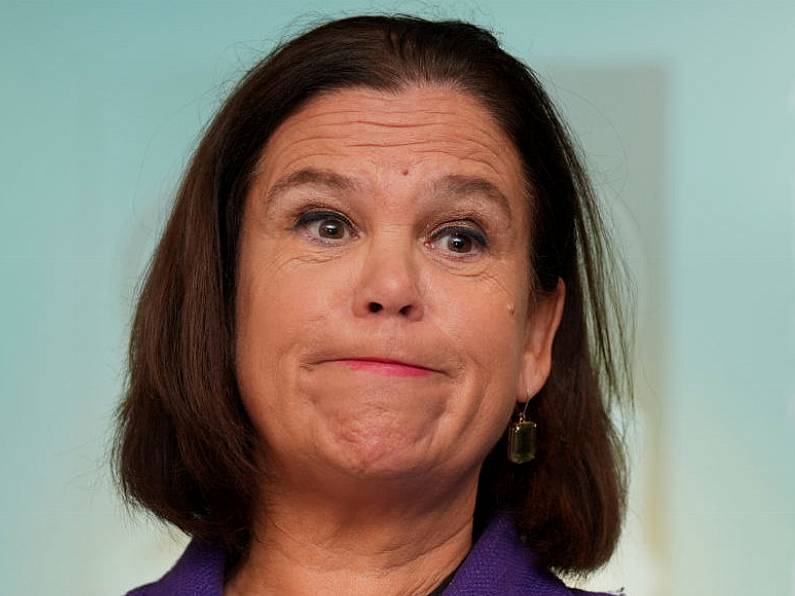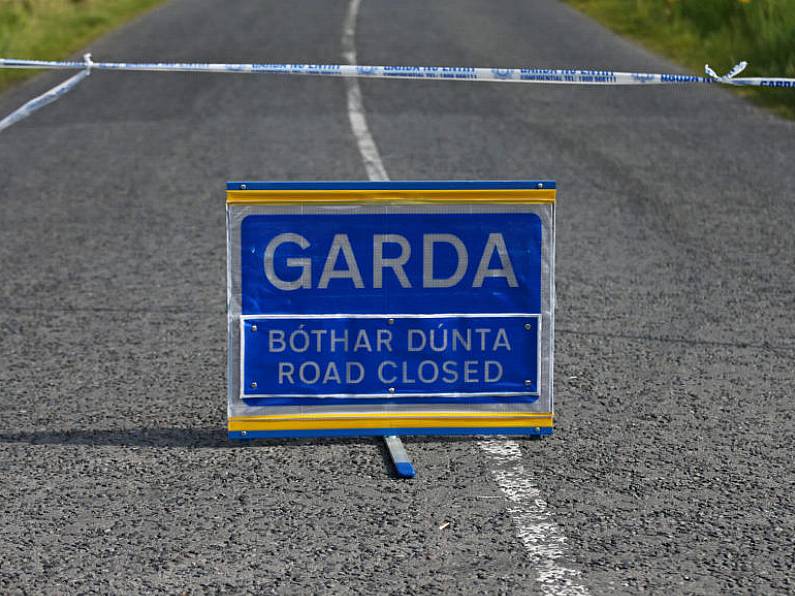10 more people have died after contracting Covid-19 in the Republic of Ireland in the past 24 hours, including eight men and two women.
There have now been 46 deaths related to the disease in the country, while 200 more cases have been identified after testing positive, with the total number now at 2,615.
6 deaths are located in the east of the country, 3 in the northwest of the country and 1 in the south. The median age of today’s reported deaths is 77.
As of midnight on Friday there were 31 cases in Waterford.
The data analysing all 2,216 confirmed cases on Friday, reveals:
- 51% are male and 48% are female, with 103 clusters involving 379 cases
- the median age of confirmed cases is 47 years
- 564 cases (26%) have been hospitalised
- of those hospitalised, 77 cases have been admitted to ICU
- 506 cases are associated with healthcare workers
- Dublin has the highest number of cases at 1,233 (56% of all cases) followed by Cork with 208 cases (9%)
- of those for whom transmission status is known, community transmission accounts for 51%, close contact accounts for 24%, travel abroad accounts for 25%
Dr. Tony Holohan, Chief Medical Officer, Department of Health, said:
"Today, we are informed of a further 10 deaths. Our condolences are with the family and friends of all patients who have died as a result of COVID-19.
“While we continue to build our capacity for intensive care, our strategy remains to prevent people from needing intensive care in the first place.
“We know the virus will not survive if we prevent it from passing among ourselves. The enhanced restrictions announced on Friday aim to slow down and restrict the spread of the virus.”
“We are asking everyone to embrace the new restrictions and follow public health advice to stay home and restrict your movements for the next two weeks. It is in all our hands to interrupt the spread of this virus.”
Dr Ronan Glynn, Deputy Chief Medical Officer, Department of Health, noted that attendance at blood donation clinics is permitted at this time.
“I welcome the measures taken by the Irish Blood Transfusion Board to implement social distancing at their clinics and to maintain the blood supply.
“3,000 blood donations are needed every week to meet demand and the ready availability of this blood for transfusion is vital to the daily treatment of patients in our hospitals.”



